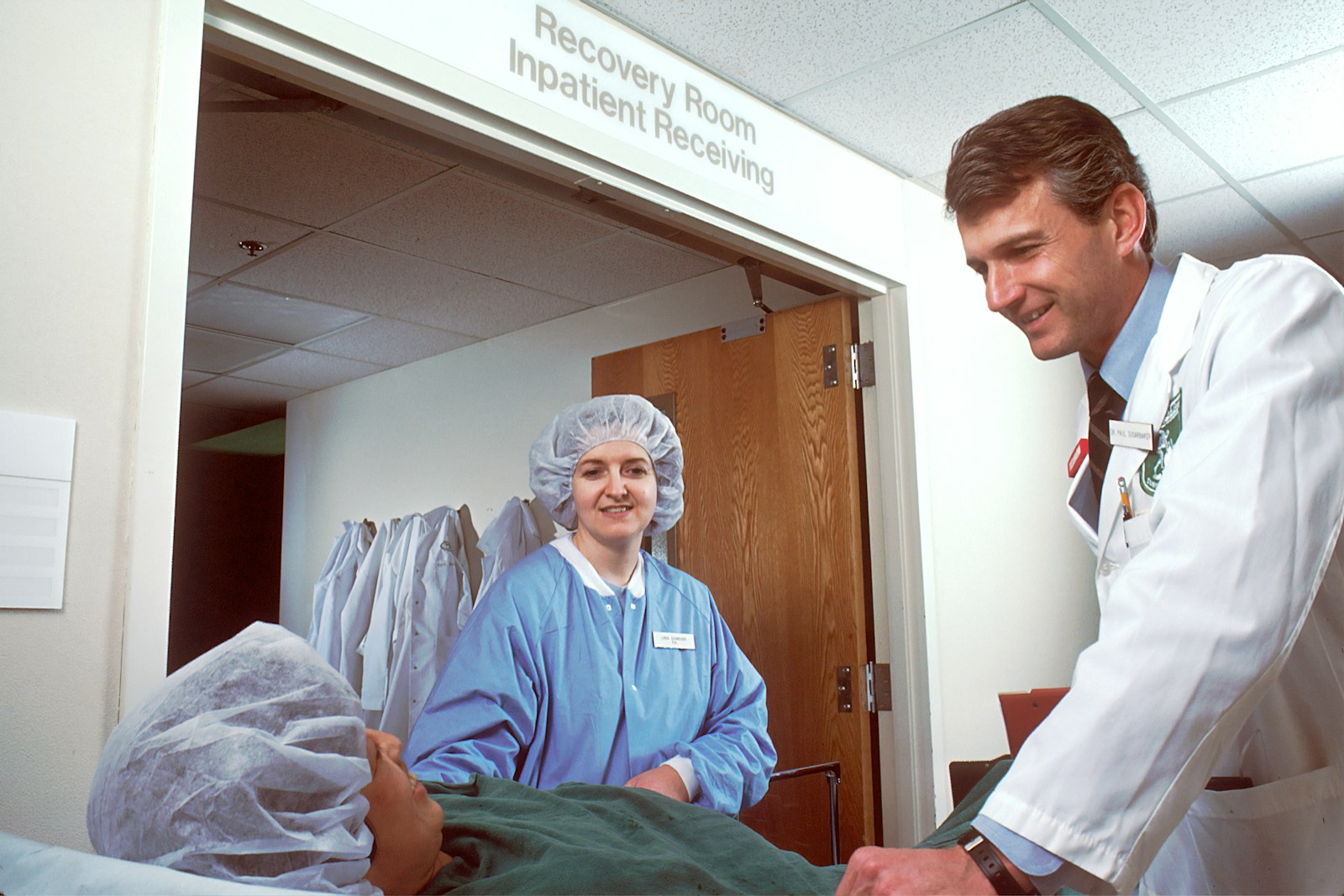Also known as LPNs, Licensed Practical Nurses are a vital link within the healthcare team who care for patients under the direction of registered nurses or physicians. LPNs can be found working in several environments such as hospitals, nursing homes, clinical practices, and home health agencies. In this article about an LPN job, we take a look at the scope of tasks, specific skills, educational and other requirements, and the prospects of Lithuanian American nurse associations in order to introduce you to the demands of the job.
LPN Job Description
A Licensed Practical Nurse (LPN) performs basic patient care like checking vital signs, giving medications, and assisting patients in their activities of daily living. LPNs are essential as they assist in the care of patients, including monitoring their comfort and safety, under the supervision of a registered nurse or a physician. This involvement requires having good communication skills, being detail-oriented, and knowledge about the practices and policies of health care.
LPNs may work in various areas that include geriatrics, pediatrics, and general nursing. Such technical skills aside, an LPN has to be patient and understanding because a lot of the patients they deal with are quite vulnerable.
Resume Description for This Job
When writing a resume for LPN employment, there are areas that the applicant should consider looking into especially their care of the patient experience, their technical expertise, and their qualifications. An instance would be:
“Compassionate licensed practical nurse, with more than [X] years of rendering high quality of care to patients. Proficient in therapeutic patient monitoring, medication administration, and patients’ daily routine activities. Focuses on achieving better patient results through optimal nursing intervention and interprofessional teamwork. Currently licensed as an LPN in [state] and also a holder of a CPR certificate.”
Feel free to adjust details to better match your experience!
Salary
LPN salaries within the United States vary broadly according to the LPNs experience, the geographic area, and the healthcare facility. Below is a summary on salary estimate ranges:
- Average Hourly Wage: Between $20 to $30
- Annual Salary Range: Between $40,000 to $60,000
LPNs working in metropolitan areas or clients in specific centers are better paid especially for those who have some specialized certification in the area of care such as IV or wound care.
Responsibilities

The scope of practice for an LPN is broad and largely depends on the health care environment. Some of the responsibilities LPNs take include the following:
- Monitoring Patient Vital Signs: Blood pressure, pulse, temperature and other significant signs of a patient’s health recorded.
- Administering Medication: Administering medications to patients as per prescriptions and watching for side effects with help from RNs and doctors.
- Assisting with Daily Activities: Helping patients with bathing, dressing and eating as well as those who cannot move around easily.
- Patient Documentation: Well documented chronic and acute conditions, procedures, medications and adverse effects of nursing will be maintained.
- Wound Care and Dressing Changes: Based on physician orders, nurses provide wound and dressing care to enable healing and reduce the risk of infection.
- Collecting Samples: Blood withdrawal/specimen and urine collection are some of the basic laboratory tasks expected of you.
- Patient Education: Home care instructions, medication, and health care issues are taught to the patients and relatives also.
Qualifications
To become an LPN the individual must go through formal schooling, obtain licensure and acquire efficient skills for the job. Major qualifications for this profession include:
- Education: Completion of a state-approved LPN program, with a duration ranging from approximately a year of both theoretical as well as clinical training sessions.
- Licensing: Completing the National Council Licensure Examination of Practical Nurses (NCLEX-PN) for licensure. The LPNs also have to fulfill certain licensing regulations as per the state where they are practicing.
- Experience: Medical work experience is preferred by some employers, but there are openings for those without extensive experience in medical fields as well.
- Skills: Techniques applied in basic patient care, detail oriented, good communication habits and the capability of working under pressure in busy situations.
- Certifications: It is common for LPNs to obtain IV therapy or geriatric care certification and other areas of specialization for increased employment chances.
FAQs
Q1: Explain the differences both in roles and training between LPN and RN?
LPN main role is basic nursing care which overall is supervised by RNs and doctors while range of practice of RN is wider where LPN performs advanced care, administer drugs and care planning. LPN requirements are also less compared to those of RNs.
Q2: Are there certain areas of focus in care for which LPNs may be obtained further training?
Indeed, LPNs can undertake certification courses in geriatrics, IV therapy, wound care, or younger patients. In such a case, the chances of securing employment as well as income are higher.
Q3: Where can LPNs transfer in the course of their career?
LPNs have other options for career advancement including obtaining further certifications, education to RN level or into managerial positions within their respective facilities.
Q4: Are LPNs caregivers in the hospitals?
Yes, majority of the LPNs practice in the hospitals, but a good number can be found in nursing homes, outpatient care clinics and home health. Their practice in hospitals will depend on the laws of the state and policies of the facility.
Conclusion
Finally, despite the fact that the role of an LPN is demanding, it is gratifying since it entails direct patient contact and care to transformation. Because their primary focus is directed toward patients whom they also assist and provide care to the healthcare teams, LPNs are significant in healthcare environments and can anticipate a rewarding career offering many opportunities for professional growth.
